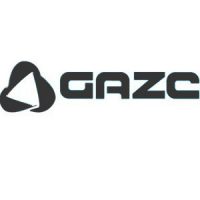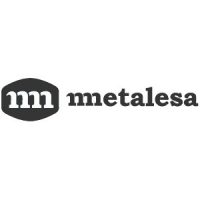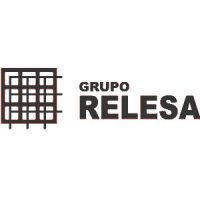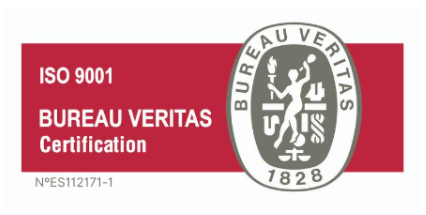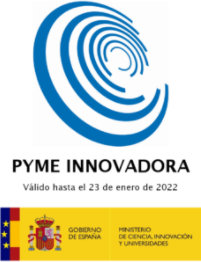El sector de transformación metálica tiene unas particularidades que necesitan ser tratadas con el conocimiento industrial de haber trabajado en él, como por ejemplo, cómo medir la eficiencia de un centro de mecanizado cuando estás preparando la máquina o cómo se gestionan los procesos de las plegadoras automáticas, entre otros.
Esta experiencia sobre el sector nos ha permitido adaptar nuestra plataforma a las necesidades del mismo aportando un valor diferenciador para el cliente.
En este sector, el contenido en costes de los materiales dentro de la estructura industrial de costes supone un valor significativo, por lo que, nuestra funcionalidad de control de costes sobre la merma es siempre un plus.
Sin mencionar las ventajas que proporciona disponer de una plataforma que cubre todo el ciclo de vida industrial de los productos, empezando por la parte de diseño con la solución APQP 4.0, pasando por toda la plataforma de gestión operativa de fabricación hasta llegar a la gestión de la mejora usando LEANbook como soporte al marco metodológico LEAN.




